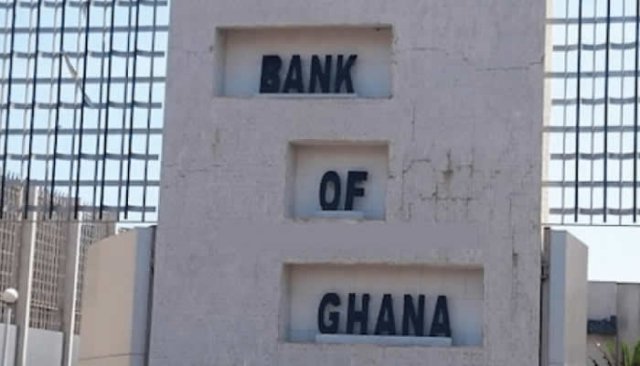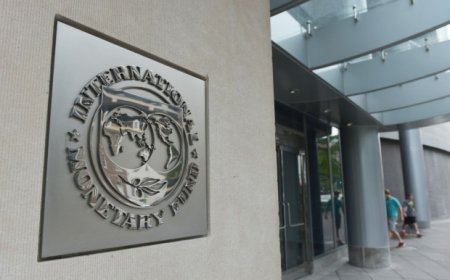BoG introduces draft regulations for cryptocurrencies

The Bank of Ghana (BoG) has introduced draft regulations intended to provide a comprehensive framework for Ghana's digital asset sector.
The proposed standards, announced on August 16, 2024, aim to promote financial inclusion, preserve economic stability, and protect consumers in the rapidly evolving bitcoin industry.
The draft regulations were developed following a comprehensive internal assessment of cryptocurrencies such as Bitcoin and Tether (USDT), and they reflect Ghana's growing interest in digital assets among its increasingly tech-savvy population.
The central bank's investigation indicated that the surge in digital asset usage is being driven by factors such as broad internet access and the introduction of Virtual Asset Service Providers (VASPs).
While the BoG accepts that crypto transactions are still small in comparison to established financial channels, the growing use of digital assets for cross-border payments, crowdfunding, and remittances has sparked the need for regulatory clarity.
The proposed laws seek to manage associated risks such as money laundering, fraud, and cybersecurity threats in accordance with international standards, notably those established by the Financial Action Task Force (FATF).
The draft regulations prioritize the oversight of bitcoin exchanges and VASPs. The proposed regulations would compel these organizations to register with either the Bank of Ghana or the Securities and Exchange Commission (SEC), depending on the products they provide.
Registered exchanges would be required to comply with anti-money laundering (AML) and counter-terrorism financing (CFT) standards, including the FATF's Travel Rule, and to report suspicious transactions to the Financial Intelligence Centre.
To operate legally in Ghana, VASPs must demonstrate adequate internal controls, risk management frameworks, and capital needs.
Commercial banks and financial institutions in the country would only be able to provide services to registered VASPs and would be forbidden from directly engaging with virtual asset-related businesses, holding crypto assets, or offering custody services.
The Bank of Ghana intends to conduct a "sandbox testing process" with chosen VASPs before finalizing the regulations.
This testing phase will allow the central bank to detect potential flaws and fine-tune the guidelines before broader deployment.
The regulations' schedule for implementation has not yet been published, however the public and industry stakeholders are encouraged to provide feedback on the draft guidelines by August 31, 2024.
In addition to regulating cryptocurrencies, the BoG's proposal outlines the central bank's larger goals in the blockchain field.
This includes ongoing work on Ghana's central bank digital currency (CBDC), the eCedi, which was first introduced in 2021.
The eCedi project has received several improvements, including plans for offline functionality, and is part of the country's efforts to embrace digital financial innovation.
Ghana's entry into the decentralized digital economy has been accompanied by other blockchain-based projects.
Earlier this year, the Ghana Post Company issued the country's first Non-fungible Token (NFT) stamp to honor the 25th anniversary of Otumfuo Osei Tutu II, the Ashanti king.
The Bank of Ghana's proposed regulations represent a significant step toward incorporating digital assets into the country's financial system while establishing necessary protections to protect consumers and financial stability.
As the global landscape of digital banking evolves, Ghana is set to play an active role in influencing the future of this burgeoning sector.
Source: Lead News Online
























































